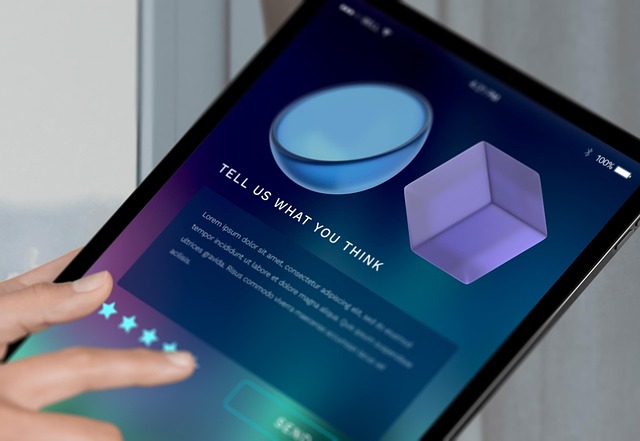Empowering Your Online Education Journey through Constructive Online Feedback
In the realm of online education, having the right resources and support system is crucial. As educators and learners venture into this increasingly digital landscape, we often find ourselves yearning for a deeper, more meaningful engagement with the content. Enter online feedback, a tool for knowledge building that holds the power to transform the learning experience.
The effectiveness of any online course or seminar is heavily tied to the feedback loop established between instructors and students. This is where feedback becomes not just a task, but a cornerstone of the educational process. By embracing online feedback, we can create a vibrant ecosystem of communication, where learners feel valued and are encouraged to express their thoughts and inquiries.
Fostering a Knowledge Building Community
Imagine a scenario where students not only absorb information but actively contribute to the discourse surrounding it. Feedback mechanisms can facilitate this dynamic. By incorporating constructive feedback into your online education, you enable a continuous evolution of knowledge. Participants feel more connected to the learning community when their opinions and experiences are acknowledged.
Moreover, utilizing online feedback effectively leads to insights on what works and what needs improvement. When students know their voices matter, they are likely to engage more deeply with the material, cultivate collaborative learning experiences, and foster critical thinking skills. This ultimately leads to a richer educational journey, benefitting both participants and instructors alike.
Handling Feedback in Online Learning Environments
However, implementing a robust feedback system in online education is not without its challenges. Being remote can sometimes lead to feelings of isolation, detachment, or even overwhelm for both students and educators. To combat this, it’s essential to cultivate an empowering atmosphere where feedback is seen as a tool for growth rather than criticism.
During webinars, encourage participants to share their thoughts openly. Use polls, Q&A sessions, and breakout rooms to create spaces where learners feel comfortable voicing their opinions. The real-time nature of webinars allows for immediate feedback, making the process interactive and dynamic. This method not only builds confidence but also enhances the depth of understanding surrounding the subject matter.
Leveraging Technology for Meaningful Feedback
Technological advancements offer educators vast opportunities to incorporate innovative feedback methods. Consider using platforms that allow for anonymous submissions, ensuring that all voices are heard without fear of judgment. This can lead to more honest and reflective input, thus enriching the knowledge-building process.
In addition, tools like learning management systems (LMS) can seamlessly integrate feedback loops. Instructors can monitor progress and participation while facilitating tailored responses to student inquiries. This level of engagement makes learners feel seen, thus encouraging their growth and commitment to the course.
The Future of Online Learning
The future of online education hinges on our ability to adapt and evolve. By embracing the value of online feedback, we stand to enhance the educational experience significantly. In webinars, this becomes even more crucial, as there is an immediate and engaging environment where knowledge can be built collaboratively.
As educators, it’s our responsibility to create that environment—one where feedback isn’t just a formality, but a cherished pathway to collective wisdom. With the right approach, we can master the art of knowledge building, making online education not just a necessity, but a fulfilling journey.




